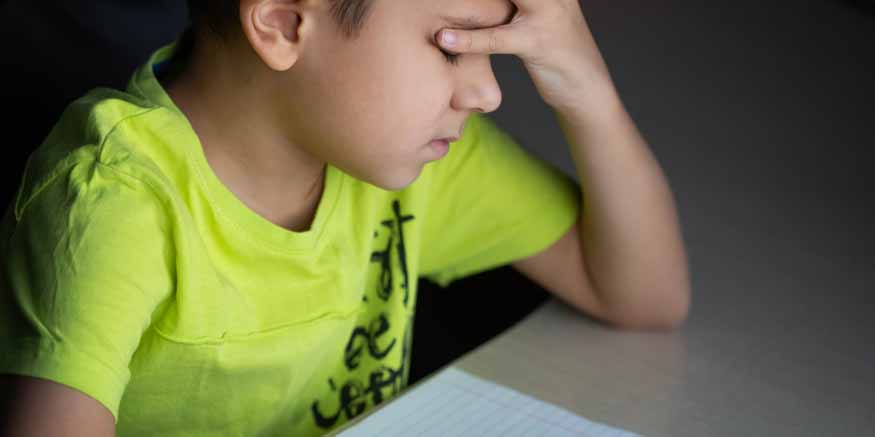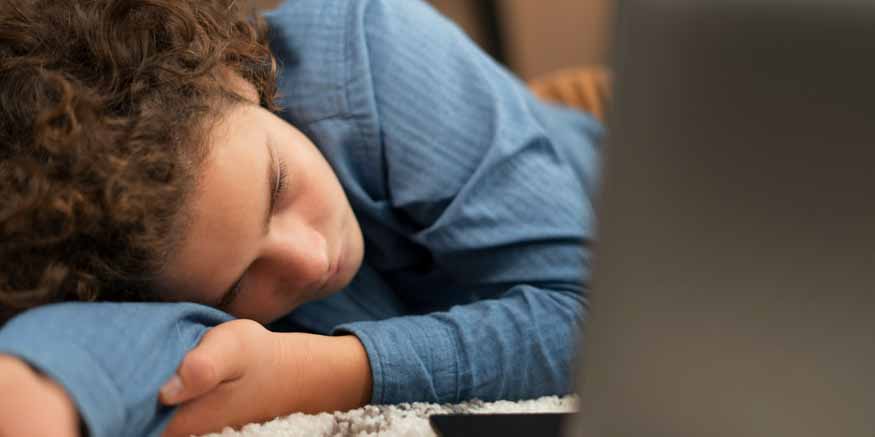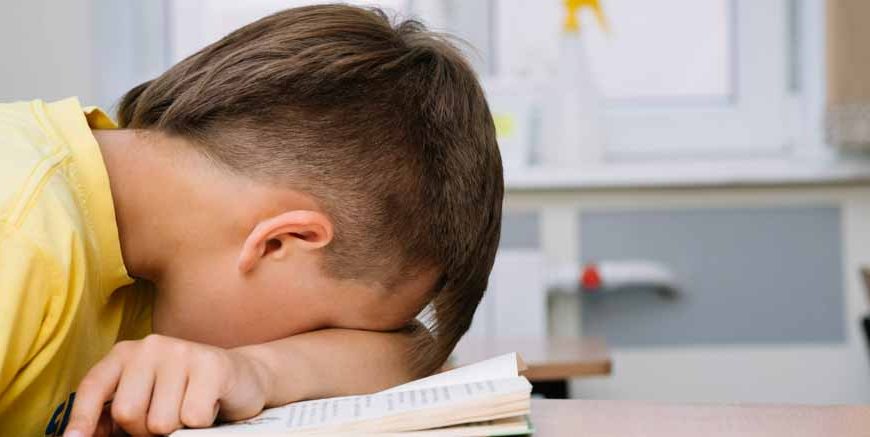Parents for one often entertain thoughts of how weary we are, but how about the children, can we also be worn down? Surprisingly, Childhood fatigue is more common than one would imagine, and bearing the brunt including the child’s health both physically and psychologically cannot be overemphasized. Consequently, I wanted to know more about the symptom, cause and how to solve children’s fatigue.
Table of Content:
- Fatigue in Children
- Symptoms of Fatigue
- Causes of Fatigue
- Diagnosis of Fatigue
- Treatment for Fatigue
- References
Fatigue in Children:
However, fatigues in children do not mean that they simply want to sleep. It’s a constant exhaustion that does not resolve with sleep or inactivity such as chronic insomnia consequent of shift work during long hours of employment. Whereas adults may come out and say to you that they are very tired, children may manifest tiredness in a number of ways through acting strangely or coming out with seemingly unrelated ailments. These are the signs that can be indicative of more serious situations and recognizing their presence is important to treat the roots of the problem.
Symptoms of Fatigue:

- Irritability and Mood Swings:
- Difficulty Concentrating:
- Decreased Physical Activity:
- Changes in Appetite:
- Frequent Complaints of Tiredness:
- Physical Symptoms:
- Sleep Disturbances:
- Decreased Academic Performance:
Movements and activities that are typically smooth coordinated and graceful become stiff, jerkier and uncoordinated.
Difficulty interrupting their tasks, especially the ones that would be considered part of school or hobbies, they could be easily distracted or quickly become bored with tasks they previously enjoyed.
Meaning in this case spending less time in playing games or in other physical activities.
The action of consuming excessive portions or too little food relative to the regular pattern of the individual’s eating behavior.
Wishing one could get more sleep or take a nap more frequently.
Muscle pains, headaches, or any sorts of body discomforts are not excusable or normal during early pregnancy.
People getting to bed with the purpose of having a rest but being unable to sleep or partially sleep and not being able to stay asleep throughout the night.
A decline in the results achieved or attendance at school.
Causes of Fatigue:
Understanding the root causes of fatigue is crucial for effective treatment. Some common causes include:
- Sleep Disorders:
- Nutritional Deficiencies:
- Chronic Illnesses:
- Psychological Factors:
- Over-activity:
- Medications:
- Infections:
- Environmental Factors:
Conditions like sleep apnea, insomnia will imply that one is likely to have a poor sleeping pattern.
Some of the main nutrients that cause fatigue include; lack of iron.
Some of the disease examples are diabetes, thyroid diseases, autoimmune diseases.
They quite often cause physical exhaustion as a consequence of stress, anxiety or depression.
Some of the students have a concern of over-programming, that is, they fix themselves with many activities in a day or in a week without enough time for rest.
When using certain medicines, some of which are outlined below fatigue may be listed as the possible side effects.
The sickness referred to may be one that depletes the energy of the child such as those resulting from viral or bacterial infections.
Contaminated air, noise pollution, extremely high or extremely low temperatures.
Diagnosis of Fatigue:
If you suspect your child is experiencing persistent fatigue, it’s important to consult a healthcare professional. The diagnostic process typically involves:
- Medical History:
- Physical Examination:
- Blood Tests:
- Sleep Study:
- Psychological Evaluation:
- Dietary Assessment:
Analysis of your child’s past medical history, course and pattern of sleep and the general day-to-day routines.
The doctor will auscultate the child’s chest, take the child’s temperature, consider height and weight, observe for other symptoms that suggest infection or poor functioning of various organs or any signs of tiredness or other complications in the child.
Other tests can be prescribed to have the contributing medical condition eliminated.
In case of sleep disorder a polysomnography could be advised as a test. This overnight study records wake and sleep brain waves, eye movements, heart rate, breathing pattern, oxygen saturation levels and movements during their sleep.
A mental health professional might inquire if the child is anxious, depressed, stressed or if he/she has ADHD, along with the child’s issues related to school or social life leading to tiredness.
The child’s food consumption can be discussed by a nutritionist or a healthcare provider, and the deficit or excess of nutrients, as well as food-related intolerances, allergies or improper hydration can be considered as well to determine an optimal diet for the child increasing energy levels.
Treatment for Fatigue:
Once the underlying cause is identified, treatment can be tailored to address the specific issue. Some general approaches include:
- Improving Sleep Hygiene:
- Balanced Diet:
- Regular Exercise:
- Stress Management:
- Treating Underlying Conditions:
- Adjusting Schedules:
- Medication Review:
- Environmental Modifications:
Predictors of sleep which include the use of a sleep schedule and making the bedroom conducive to sleep. This may include, creating a sleep schedule, avoiding the use of electronic devices before retiring to bed and the room being adequately dark, quiet and cold.
Education of your child on a balanced diet and in cases where his/her levels are low in iron, ensure they take foods which contain iron. The consumption of fruits, vegetables, whole grain foods and lean protein food as seen has tendencies to properly provide energy all day.
Promoting the nutritional guidelines to enhance bodily movement in order to increase energy and enhance the quality of sleep. It is recommended to exercise at least 60 minutes per day and still control the intensity of the exercises.
Educating the patient about how to relax or recommending a counselor if the situation has to do with the patient’s psyche. This could be in the shape of practicing mindfulness, being encouraged to take deep breaths or the use of cognitive-behavioral therapy.
Addressing any medical issues identified during diagnosis. It could be in the form of drugs, psychological treatments, or even modifying one’s behavior based on the ailment received.
Combining work, play, and sleep at certain times of the day/night. This means that children should have some time to be occupied in toned activities that are organized and at the same time should have some time to be free to play and should also have ample amount of time when they are not occupied at all.
If fatigue is a side effect of medication, discuss alternatives with your healthcare provider. Never stop or change medications without professional guidance.
Sanitary conditions, lighting, elimination of noise or drafts, the need for adjusting temperature to like comfort levels as outdoors. Providing comfort to one’s environment can aid in the avoidance of stress and as a result, have better sleep.

So much more than just a phase that kids must go through, fatigue in children is a serious issue. It is an indication that an aspect of their lives requires intervention. Early identification of the symptoms and seeking the right help will help your child have natural energy and again have enthusiasm in life.
For more such interesting blogs, Visit EuroKids
References:
- https://www.healthychildren.org/English/healthy-living/sleep/Pages/Sleep-and-Teens.aspx
- https://www.sleepfoundation.org/children-and-sleep
- https://www.cdc.gov/sleep/about_sleep/sleep_hygiene.html
- https://www.mayoclinic.org/symptoms/fatigue/basics/definition/sym-20050894
- https://www.hopkinsmedicine.org/health/conditions-and-diseases/fatigue-in-children-and-teens
















